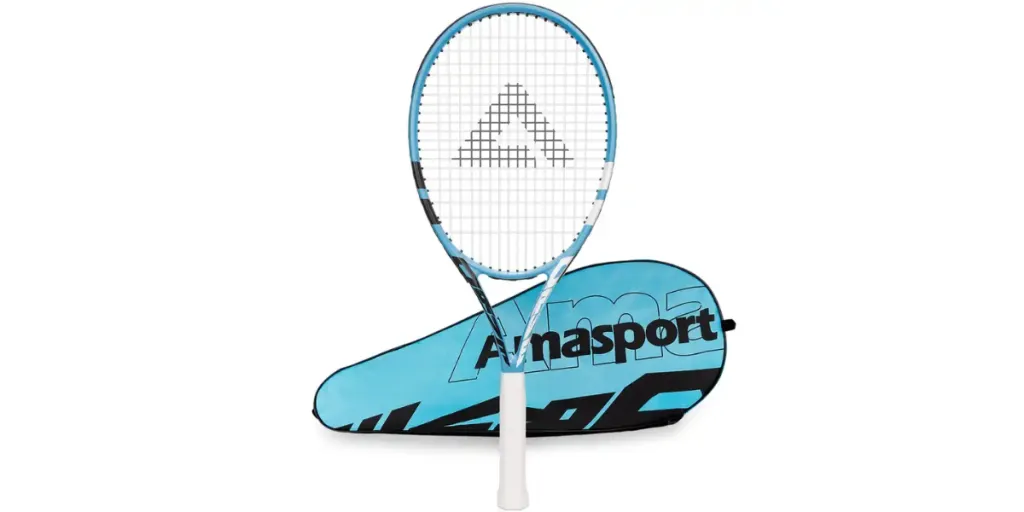A tennis racket is used on the court by all tennis players regardless of age and skill. Whether one is a weekend enthusiast or a pro, the right tennis racket performs a pivotal function in raising overall performance. In a marketplace flooded with alternatives from numerous manufacturers, deciding on the proper racket calls for careful attention.
This guide explores six essential tips for selecting tennis rackets, helping buyers make an informed choice for their inventories in 2024.
Table of Contents
Overview of the tennis racket market
Types of tennis rackets
Top tips to focus on when buying a tennis racket
Conclusion
Overview of the tennis racket market

Data Bridge Market Research reports a thriving tennis racket marketplace, estimating it at USD 528.26 million in 2022, with projections to reach USD 1037.23 million by 2030, at a robust compound annual growth rate (CAGR) of 8.80% over this time period. The demand for tennis rackets is propelled by the growing worldwide participation in tennis and the developing emphasis on health and wellness. Technological improvements in racket design, incorporating materials and innovations to improve players’ overall performance, contribute to the market growth.
Regions witnessing the very best demand consist of North America and Europe, where tennis has entrenched itself as a famous sport with an enormous following. Additionally, the Asia-Pacific region is experiencing a surge in tennis interest, pushed by using the game’s inclusion on international occasions.
Types of tennis rackets
1. Power rackets
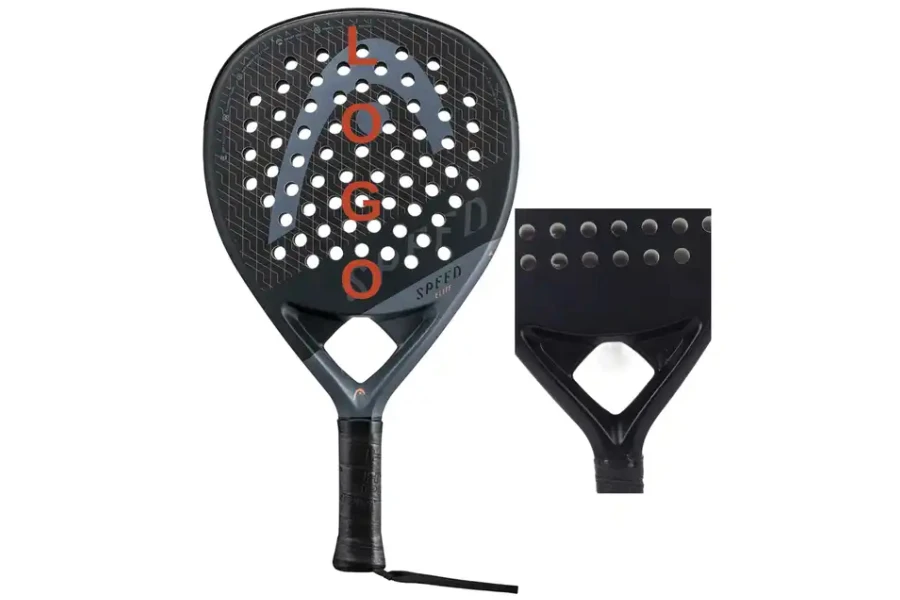
Power rackets are designed for players trying to find explosive shots and maximum force behind each stroke. These rackets normally feature a larger head size, ranging from 105 to 135 square inches. They allow a more widespread sweet spot that generates improved power on contact.
The grip length is often on the higher end of the spectrum, starting from 4 3/8 to 4 5/8 inches. It offers players better control over their powerful shots. Power rackets are generally heavier, with weights ranging from 10.5 to 12 oz, contributing to the momentum wanted for forceful hits.
2. Control rackets
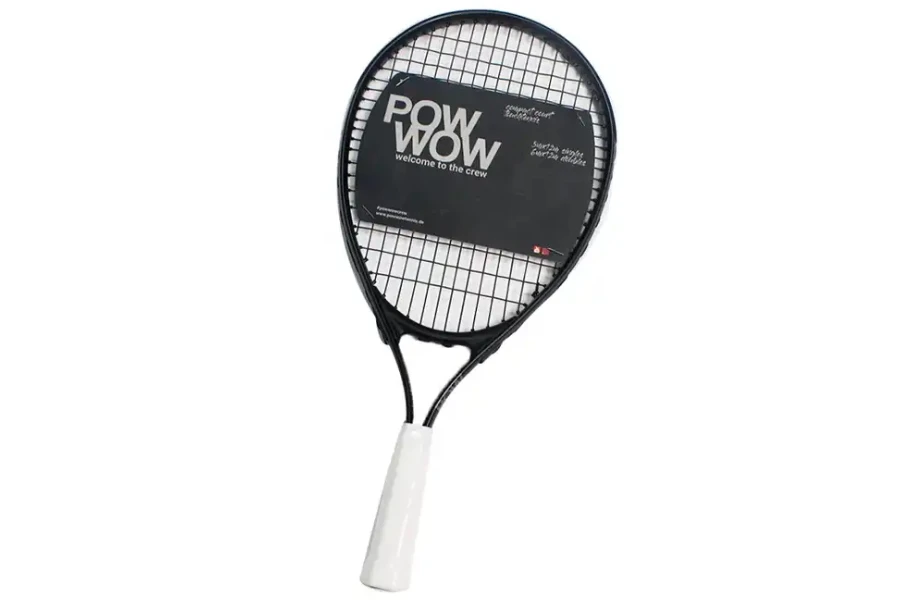
Control rackets are tailor-made for gamers who prioritize accuracy, precision, and high maneuverability levels. These rackets usually have a smaller head size, ranging from 85 to 98 square inches, which results in a reduced sweet spot. However, this offers greater control over the tennis ball. The grip length tends to range from 4 1/8 to 4 3/8 inches, supplying players with a comfortable but controlled experience.
Control rackets are generally lighter, with weights starting from 9 to 11 ounces, allowing for short racquet head velocity and higher control for the duration of rallies. Materials like braided graphite, aramid, and basalt are generally used to make control rackets.
3. Tweener rackets
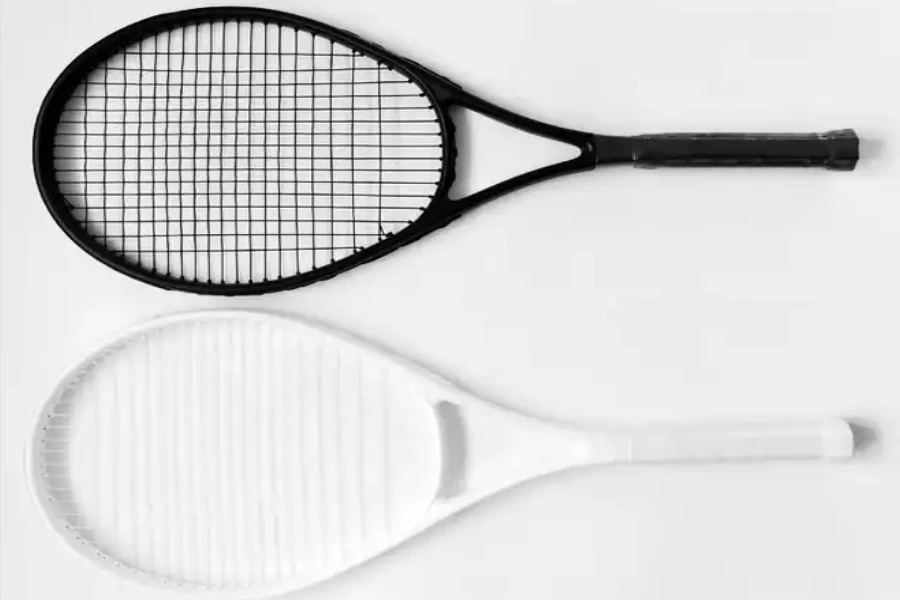
Tweener rackets strike a balance between control and power, making them appropriate for various players, such as intermediate-level fanatics. The grip length is normal, from 4 1/8 to 4 3/8 inches. Tweener rackets frequently have a mild head size, falling within 100 to 104 square inches. Their weight level usually falls between 9.5 to 11oz, providing a mix of power and maneuverability.
Manufacturers utilize a combination of substances, including graphite and composite blends, to construct tweener rackets, presenting a balanced aggregate of control, power, and luxury for gamers looking for an all-round performance.
Top tips to focus on when buying a tennis racket
1. Cost
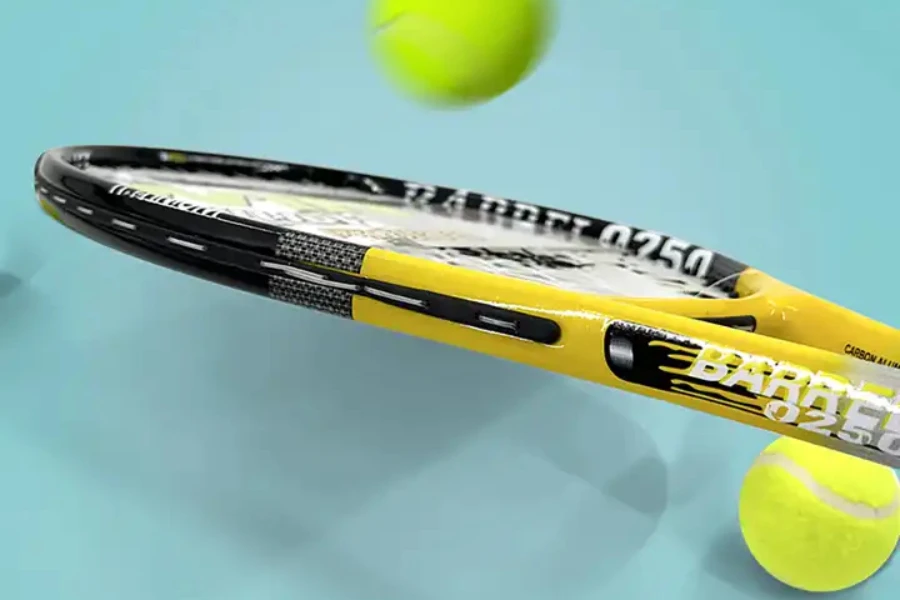
Buyers need to strike a balance between their finances and the features they need in a tennis racket. Beginners rackets frequently range in price from USD 50 to USD 100. Pro-player rackets provide high-overall performance and have advanced materials and technology. Depending on the brand, they tend to cost USD 200 or more. Your budget constraints ensure you buy a tennis racket that aligns with your needs.
2. Weight
The weight of a tennis racket notably influences the playing experience. For novices, choosing a lighter racket in the range of 9 to 10.5 oz is really helpful. Lighter rackets facilitate simpler maneuverability and control, helping novices expand their strokes. Advanced gamers regularly choose a slightly heavier alternative, starting from 11 to 12.5 oz, as it provides greater balance and power.
3. Head size
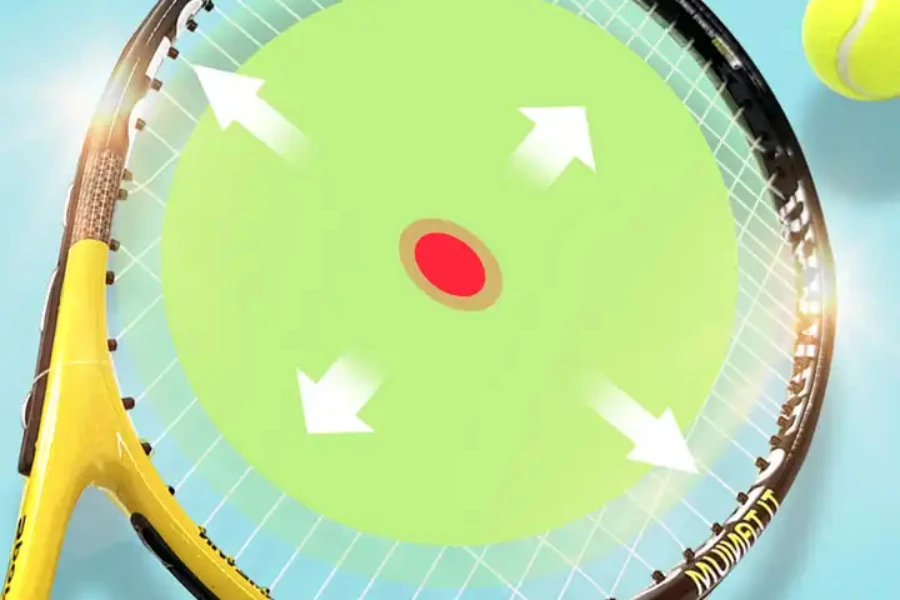
A tennis racket’s head size directly impacts the power and sweet spot. For beginners, a bigger head length, normally between 100 to 110 square inches, is suggested. This provides an extra forgiving sweet spot, enhancing the probabilities of smooth hits. Advanced gamers can also opt for a smaller head length, ranging from 95 to 100 inches, for extended precision and control. Choosing an appropriate head length relies upon the style of play, skill level, and the extent of power in shots.
4. Material
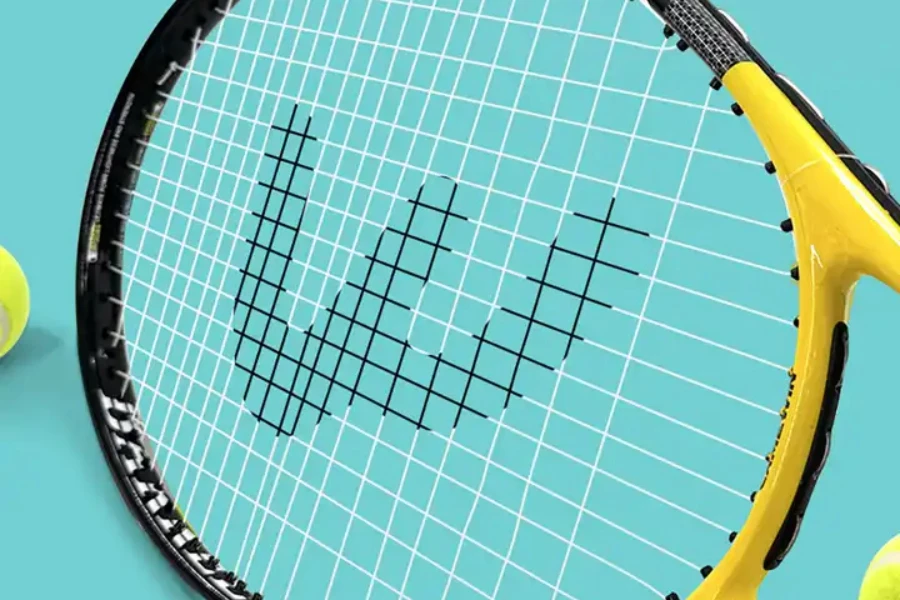
Beginner rackets frequently feature aluminum or composite frames, providing sturdiness and affordability. These materials provide an amazing balance for gamers who are still refining their skills. Advanced rackets usually make use of graphite, carbon fiber, or a combination of materials to enhance overall performance. These substances offer a lighter yet stiffer body, presenting greater energy, control, and responsiveness.
5. Power
The power level of a tennis racket is motivated by factors like head size, string sample, and body stiffness. Beginners normally benefit from rackets with a better power level of around 100 to 110 inches and a greater open string pattern. These capabilities create a trampoline effect, producing greater energy regardless of swing velocity.
Advanced players frequently opt for rackets with a decreased power level, featuring a smaller head size of 95 to 100 inches and a denser string pattern. This allows for greater manipulation over shots, catering to the precision required at higher ability levels.
6. Grip size
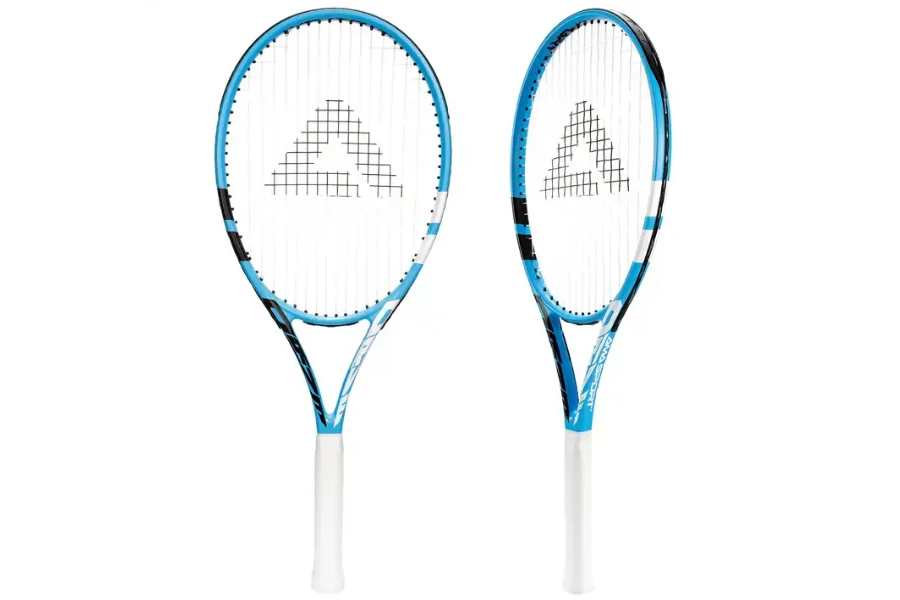
Selecting the right grip size is vital for comfort and control during play. Beginners often need a grip length starting from 4 1/8 to 4 3/8 inches. This ensures a snug hold without sacrificing control. Advanced players may additionally have greater precise alternatives with grip sizes ranging from 4 3/8 to 4 5/8 inches. A comfortable grip size prevents troubles like wrist strain and allows for a secure and managed grip at points of diverse strokes.
Conclusion
Deciding on the proper tennis racket involves consideration of things like price, weight, head size, material, power, and grip length. For beginners, a cost-effective option with a lighter weight, big head length, and cushty grip is perfect. Advanced game enthusiasts lean towards rackets with advanced materials, a balanced weight for stability, a smaller head length for precision, and a grip length that aligns with their specific options. To explore a large range of tennis rackets catering to various preferences and skill stages, head to Chovm.com.
